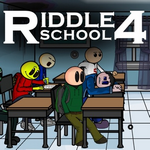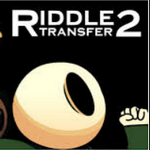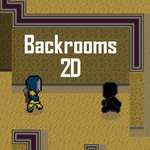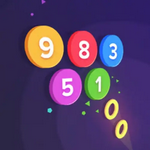
deal or no deal Unblocked
## The Thrill of the Unknown: Exploring the Psychology of Deal or No Deal
Deal or No Deal, the iconic game show where contestants choose briefcases filled with varying sums of money, has captivated audiences for years. The format is simple: contestants open briefcases, revealing amounts ranging from pennies to a life-changing jackpot, while the "banker" offers tempting deals to walk away. But beneath the surface of this seemingly straightforward game lies a fascinating interplay of psychology, risk, and the allure of the unknown.
The Power of the Unknown:
The heart of Deal or No Deal's appeal lies in the uncertainty. The contestants, and viewers alike, are constantly caught between the allure of the potential jackpot and the safety of a guaranteed deal. Every briefcase opening is a gamble, revealing not only the amount within, but also a piece of the contestant's potential fate. This uncertainty creates a powerful emotional rollercoaster, driving viewers to the edge of their seats with every decision.
The Banker's Influence:
The banker's role is crucial. They act as a mysterious, albeit calculating, adversary, wielding the power to entice contestants with offers based on the remaining amounts. Their offers are carefully crafted to tempt the risk-averse, while also leaving a glimmer of hope for those who dare to dream of the big prize. This creates a fascinating dynamic where the contestants must decipher the banker's motives and balance their own risk tolerance with their desire for the ultimate reward.
The Role of Risk Aversion:
Deal or No Deal cleverly exploits our inherent risk aversion. As the game progresses and more low amounts are revealed, the pressure to accept a safe deal increases. This psychological tendency often leads contestants to take the guaranteed sum, even if it falls far short of the potential jackpot. This demonstrates how fear of loss can override the potential for significant gain.
The Illusion of Control:
While the game appears to give contestants control over their fate, this is ultimately an illusion. The amounts in the briefcases are pre-determined, and the banker's offers are calculated based on statistical probabilities. This understanding highlights the inherent unpredictability of the game, further emphasizing the element of chance.
A Cultural Phenomenon:
Deal or No Deal's enduring popularity speaks volumes about its ability to tap into our fascination with risk, reward, and the thrill of the unknown. The show has been adapted in countless countries, proving that this blend of tension, strategy, and sheer luck transcends cultural boundaries.
Beyond the Game:
The game show offers a glimpse into human behavior, highlighting our propensity for risk-taking and the power of influence. By analyzing contestants' decisions, we gain insight into how emotions, perception, and cognitive biases shape our choices, even in seemingly straightforward scenarios.
In conclusion, Deal or No Deal is more than just a game show; it's a captivating exploration of human psychology, revealing our complex relationship with risk, uncertainty, and th








































